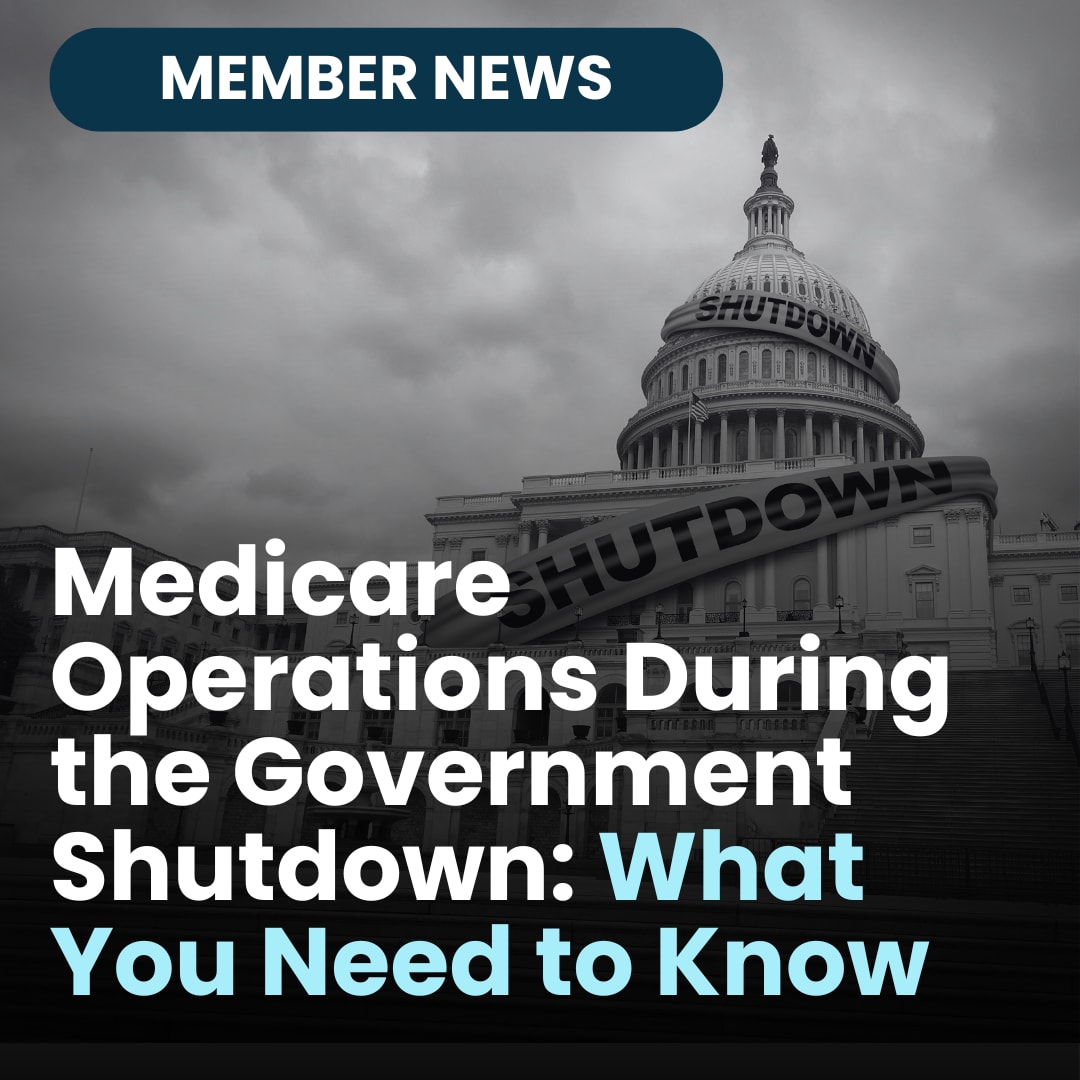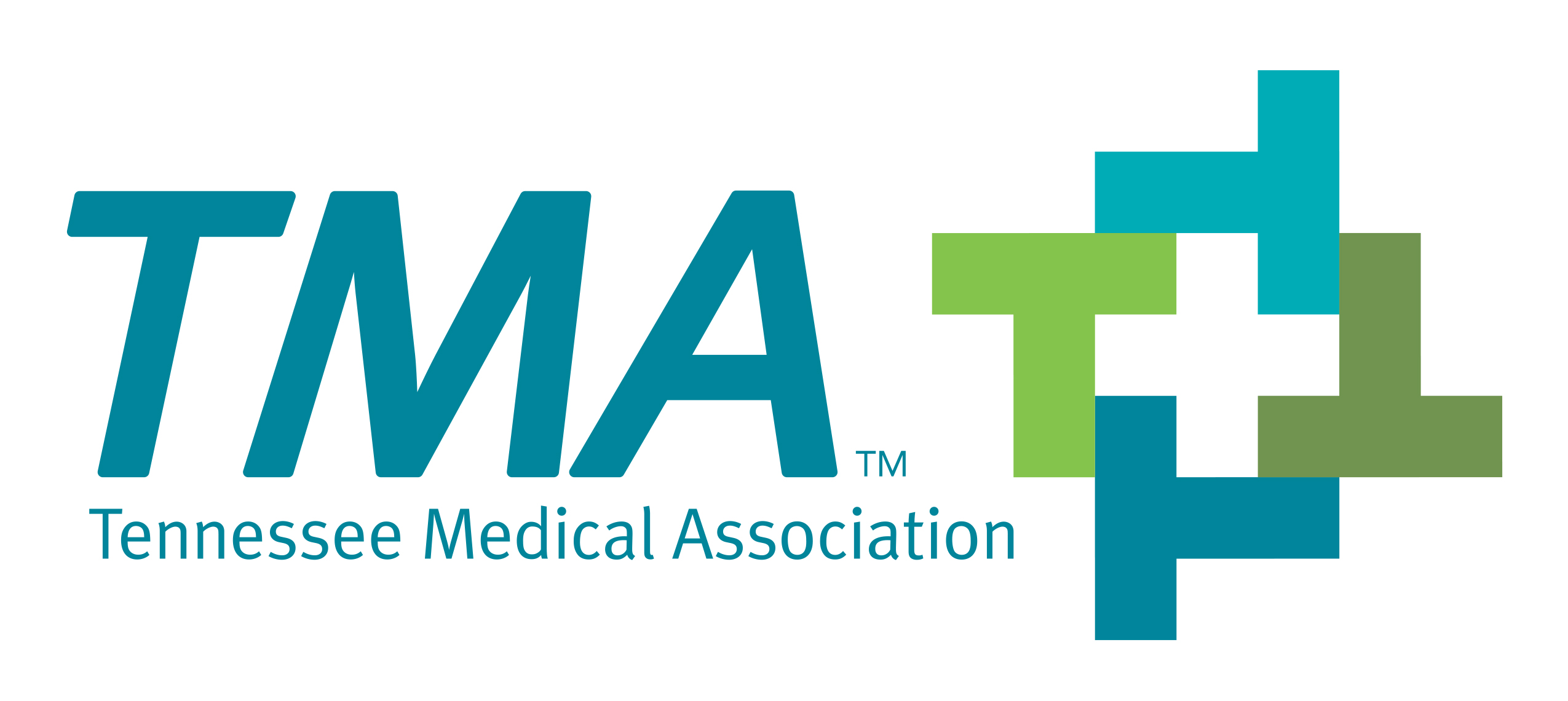Medicare Operations During the Government Shutdown: What You Need to Know

Medicare Operations During the Government Shutdown: What You Need to Know
UPDATED: Oct. 16, 2025
The following is an UPDATE received from the Centers for Medicare and Medicaid Services on October 16.
Overnight, CMS issued updated guidance to Medicare Administrative Contractors (MACs) instructing them to limit the Medicare claims hold for services provided on or after October 1, 2025, that are impacted by the expired Medicare legislative payment provisions, including telehealth services other than for behavioral or mental health care, and services provided in locations with a work geographic practice cost index (GPCI) below the 1.0 floor. For all other services, Medicare claims will continue to be processed and paid in a timely manner. To date, no payments have been delayed as statute already requires all claims to be held for a minimum of 14 days.
Please note that CMS has also updated its telehealth FAQs.
The following is an UPDATE received from the Centers for Medicare and Medicaid Services on October 15.
In anticipation of possible Congressional action, CMS has instructed all Medicare Administrative Contractors (MACs) to continue to temporarily hold claims with dates of service of Oct. 1, 2025, and later for services impacted by the expired Medicare legislative payment provisions passed under the Full-Year Continuing Appropriations and Extensions Act, 2025. This includes all claims paid under the Medicare Physician Fee Schedule, ground ambulance transport claims, and all Federally Qualified Health Center claims. Providers may continue to submit these claims, but payment will not be released until the hold is lifted.
Absent Congressional action, beginning Oct. 1, 2025, many of the statutory limitations that were in place for Medicare telehealth services prior to the COVID-19 Public Health Emergency took effect again for services that are not behavioral health services. These include prohibition of many services provided to beneficiaries in their homes and outside of rural areas, and hospice recertifications that require a face-to-face encounter. In the absence of Congressional action, practitioners who choose to perform telehealth services that are not payable by Medicare on or after Oct. 1, 2025, may want to evaluate providing beneficiaries with an Advance Beneficiary Notice of Noncoverage (ABN). Further information on use of the ABN, including ABN forms and form instructions can be found here. Practitioners should monitor Congressional action and may choose to hold claims associated with telehealth services that are not payable by Medicare in the absence of Congressional action. For further information, visit cms.gov/medicare/coverage/telehealth.
CMS notes that the Bipartisan Budget Act of 2018 allows clinicians in applicable Medicare Shared Savings Program Accountable Care Organizations (ACOs) to provide and receive payment for covered telehealth services to certain Medicare beneficiaries without geographic restriction and in the beneficiary’s home. There is no special application or approval process for applicable ACOs or their ACO participants or ACO providers/suppliers. Clinicians in applicable ACOs can furnish and receive payment for covered telehealth services under these special telehealth flexibilities. For more information, visit cms.gov/files/document/shared-savings-program-telehealth-fact-sheet.pdf (PDF).
The following is a summary of information received from the Centers for Medicare and Medicaid Services
Tennessee’s Medicare Administrative Contractor, Palmetto GBA, will be placing an up to 10-day hold on Medicare claims payments. When certain Medicare payment rules are about to expire, the Centers for Medicare & Medicaid Services (CMS) puts a temporary hold on processing payments. This is routine and helps ensure payments are made correctly, especially if Congress decides to change or extend the rules after they expire. Providers can still send in claims, but payments won’t go out until the hold ends. Most providers shouldn’t be affected much by the delay.
Starting October 1, 2025, unless Congress takes action, many of the temporary flexibilities for telehealth services (put in place during COVID-19) will end for non-mental health services. This means:
- Some telehealth services won’t be allowed for patients at home or outside rural areas
- Certain services, like hospice re-certifications, will again require in-person visits
- This could affect patients’ ability to keep getting some Medicare benefits
- Providers offering telehealth that won’t be covered by Medicare may want to give patients a notice (Advance Beneficiary Notice of Noncoverage) to inform them they may have to pay
- Providers might consider holding telehealth claims that wouldn’t be paid until Congress makes a decision
- Some types of providers may not be allowed to get paid for telehealth services under the old rules
However, some ACOs (Accountable Care Organizations) will still be allowed to offer and get paid for certain telehealth services, even without new Congressional action, thanks to a 2018 law. These ACOs don’t need special permission to do this.
For more information check out the Telehealth Factsheet here.
Additional Info
Media Contact : communications@tnmed.org
